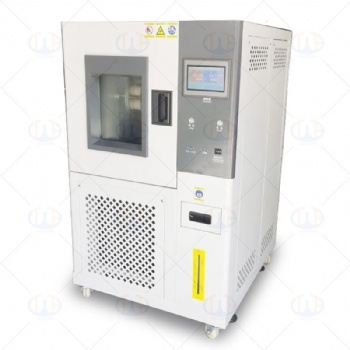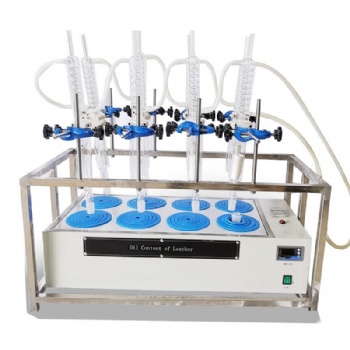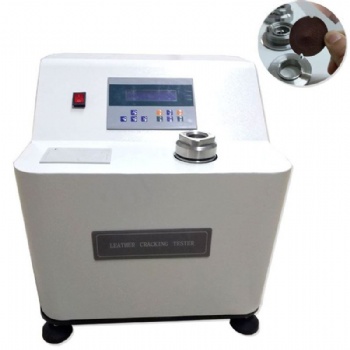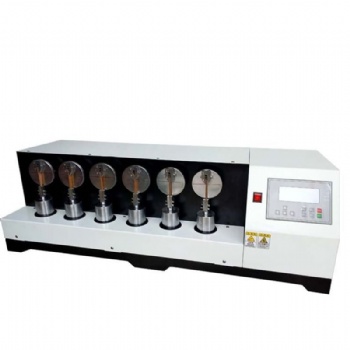News
Ceramic Tiles Flexural Testing Machine: An Overview
Ceramic Tiles Flexural Testing Machine: An Overview
Introduction
Flexural testing is crucial for assessing the mechanical properties of ceramic tiles, which are widely used in construction and interior design. A ceramic tiles flexural testing machine evaluates the strength and durability of these materials under stress, ensuring they meet industry standards.
Test Standards
Several standards govern the flexural testing of ceramic tiles, including:
ASTM C648: This standard outlines the methods for determining the breaking strength of ceramic tile.
ISO 10545-4: This specifies methods for measuring the modulus of rupture, essential for assessing the flexural strength of ceramic tiles.
EN 14411: European standard for ceramic tiles, including flexural strength requirements.
Adhering to these standards ensures consistent and reliable test results, facilitating compliance with regulatory requirements.
Applications
Flexural testing machines are used in various applications, such as:
Quality Control: Manufacturers use these machines to ensure that tiles meet specified mechanical properties before they reach the market.
Research and Development: In R&D settings, flexural testing helps develop new tile formulations and designs that can withstand greater stress.
Construction Industry: Testing ensures that tiles used in buildings and infrastructure can endure the physical demands of their environment.
Operating the Flexural Testing Machine
Setup
Specimen Preparation: Tiles are cut to the appropriate dimensions according to the relevant testing standards.
Mounting: The tile is positioned on the support beams of the testing machine, ensuring proper alignment.
Testing Procedure
Load Application: The ceramic tiles flexural testing machine applies a controlled load at the midpoint of the tile until failure occurs.
Data Recording: As the load is applied, the ceramic tiles flexural testing machine records the force exerted on the tile and the corresponding deflection.
Analysis: The ceramic tiles flexural testing machine calculates flexural strength and other relevant parameters based on the load and deflection data.
Test Results
The results from flexural testing are critical for understanding the mechanical properties of ceramic tiles:
Modulus of Rupture: This value indicates the maximum stress the tile can withstand before breaking.
Flexural Strength: This is calculated from the maximum load and dimensions of the tile, helping to assess its performance.
Failure Mode: Observing how tiles fail (e.g., brittle fracture or bending) provides insights into material properties and potential weaknesses.
Conclusion
Ceramic tiles flexural testing machines play a vital role in ensuring the quality and performance of tiles used in various applications. By adhering to established test standards and accurately measuring flexural strength, manufacturers can produce reliable products that meet industry demands.
geocells tensile testing machine ISO 13426,iron ore pellet compression tester, fiberboard flexing tester
Categories
Contact Us
- +86-18615632092
- wtbequipment@hotmail.com
- sophie-tester
- +86-18615632092




 售前客服
售前客服